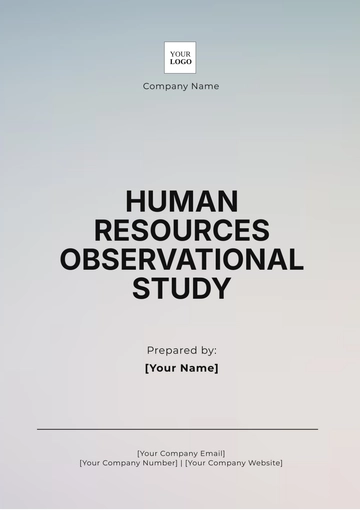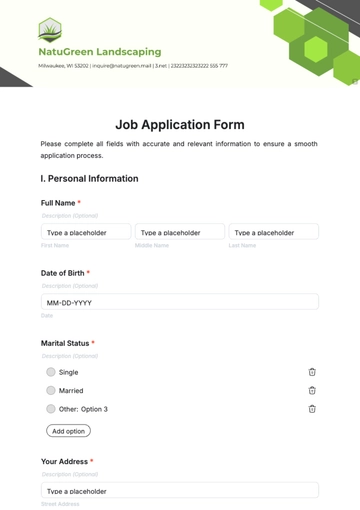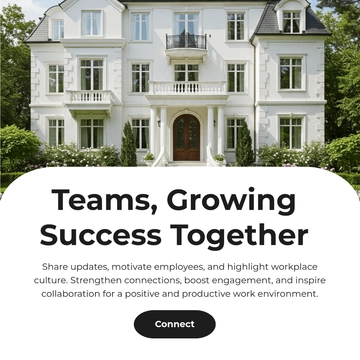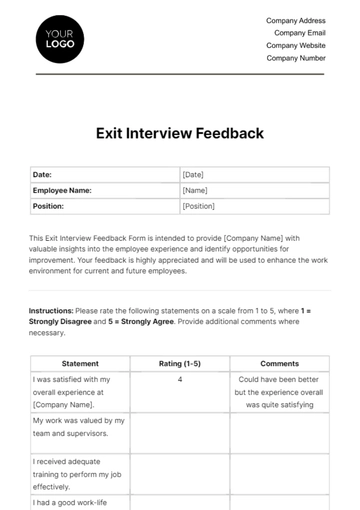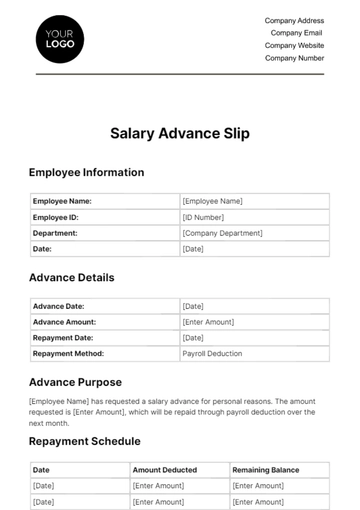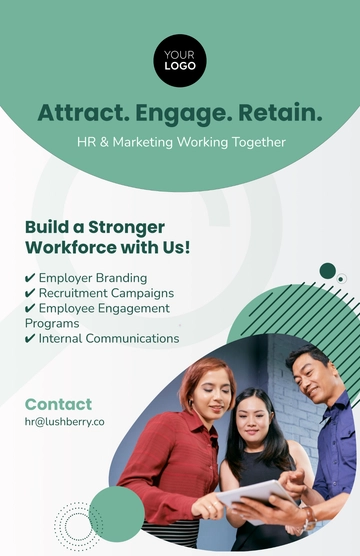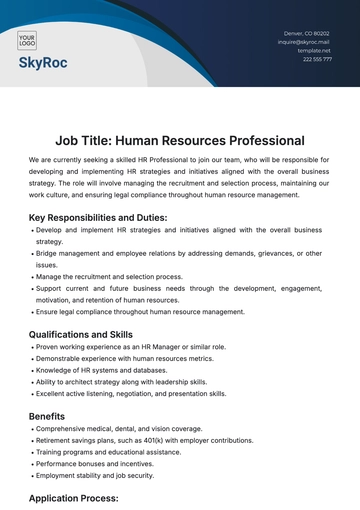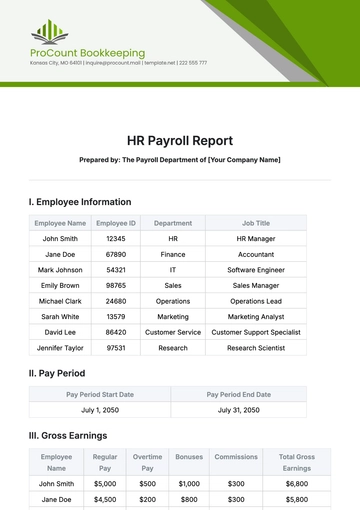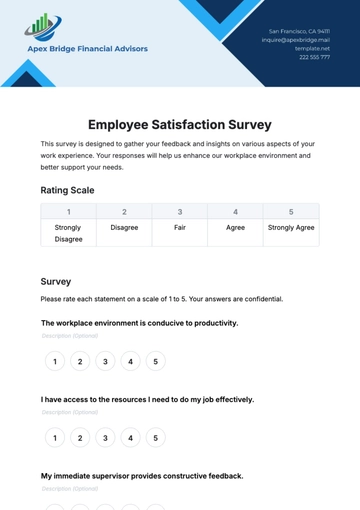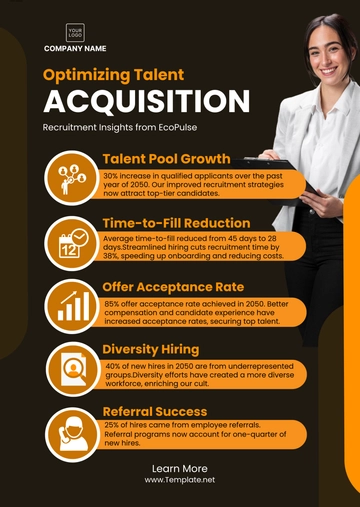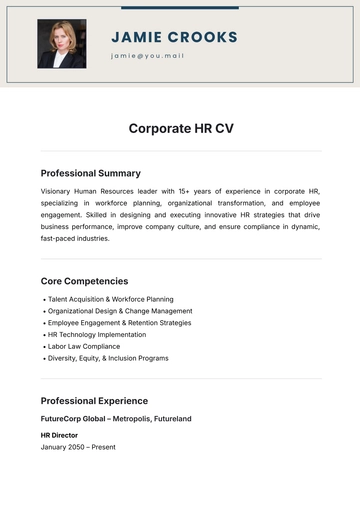Free Leadership Development Curriculum HR
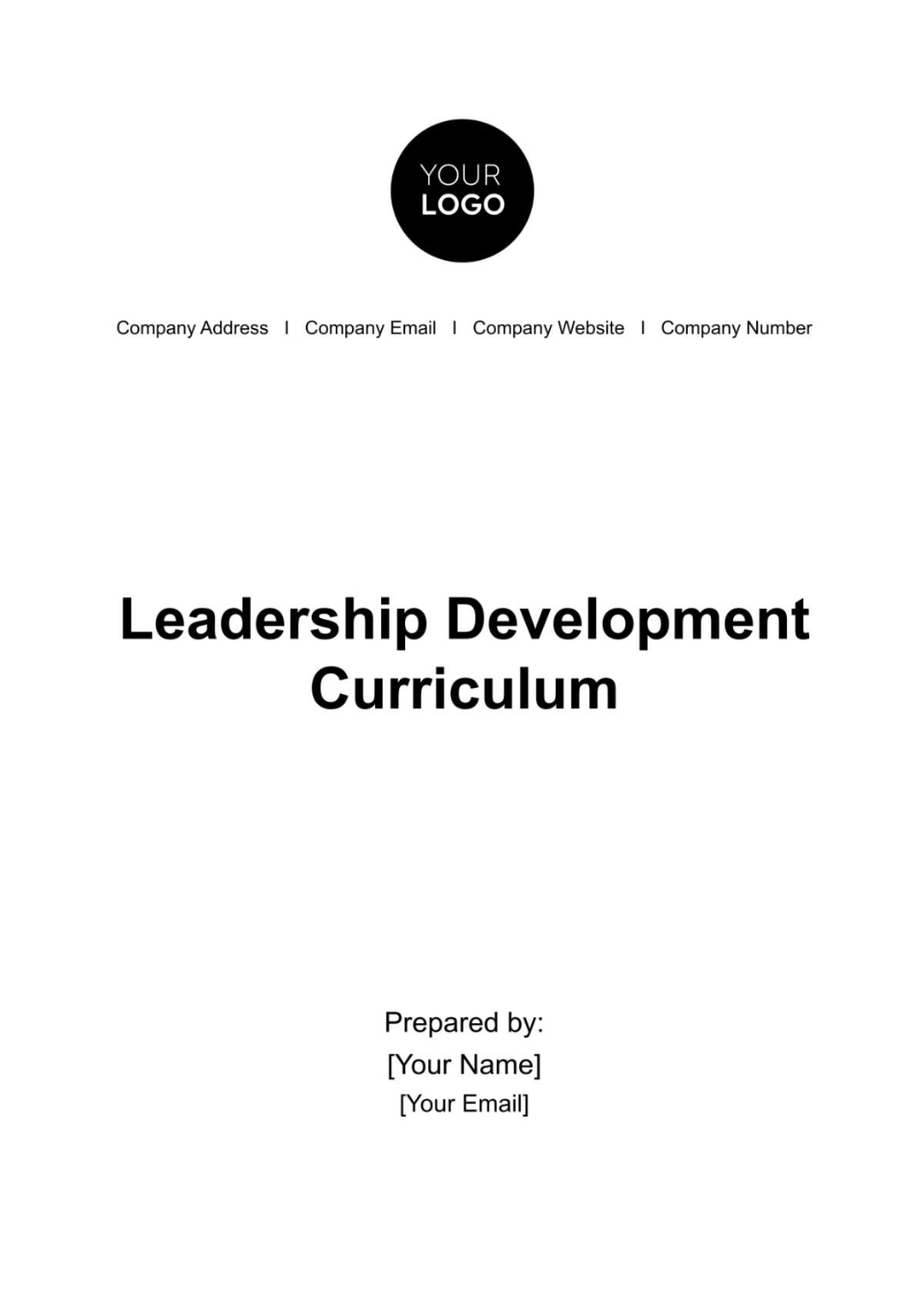
TABLE OF CONTENTS
PROGRAM OVERVIEW -----------------------------------------------------------3
PROGRAM SCHEDULE BRIEF OVERVIEW ----------------------------------------3
PROGRAM OBJECTIVES ---------------------------------------------------------3
LEADERSHIP FUNDAMENTALS --------------------------------------------------4
COMMUNICATION AND INFLUENCE ---------------------------------------------5
STRATEGIC THINKING -----------------------------------------------------------6
TEAM LEADERSHIP --------------------------------------------------------------6
CHANGE MANAGEMENT --------------------------------------------------------7
EMOTIONAL INTELLIGENCE (EI) -------------------------------------------------8
INNOVATION AND CREATIVITY --------------------------------------------------9
ETHICAL LEADERSHIP ----------------------------------------------------------10
LEADERSHIP IN A GLOBAL CONTEXT -------------------------------------------11
EVALUATION AND CERTIFICATION ---------------------------------------------13
CONCLUSION ------------------------------------------------------------------13
PROGRAM OVERVIEW
Welcome to the Leadership Development Program at [Your Company Name]. This comprehensive curriculum is designed to cultivate leadership skills and competencies necessary for success in the business world. Participants will engage in a series of modules, workshops, and experiential learning opportunities to enhance their leadership abilities.
PROGRAM SCHEDULE BRIEF OVERVIEW
MODULE | DURATION |
Orientation | 1 day |
Module 1: Leadership Fundamentals | 3 days |
Module 2: Communication and Influence | 2 days |
Module 3: Strategic Thinking | 3 days |
Module 4: Team Leadership | 2 days |
Module 5: Change Management | 3 days |
Module 6: Emotional Intelligence | 2 days |
Module 7: Innovation and Creativity | 3 days |
Module 8: Ethical Leadership | 2 days |
Module 9: Leadership in a Global Context | 3 days |
Graduation and Celebration | 1 day |
PROGRAM OBJECTIVES
Develop a deep understanding of leadership principles and practices.
Enhance communication and interpersonal skills for effective leadership.
Cultivate strategic thinking abilities.
Learn to lead and motivate teams effectively.
Master change management strategies.
Develop emotional intelligence for better decision-making.
Foster innovation and creativity within the organization.
Understand the importance of ethical leadership.
LEADERSHIP FUNDAMENTALS
In this foundational module, participants will embark on a comprehensive exploration of leadership, delving deep into its fundamental principles and practices. We understand that leadership is not a one-size-fits-all concept, and that's why we emphasize the diversity of leadership styles and approaches.
Leadership Styles and Approaches
Transformational Leadership: Learn how to inspire and motivate your team by setting a compelling vision and fostering an environment of trust and creativity.
Servant Leadership: Understand the power of servant leadership, where leaders prioritize the needs of their team members, enabling them to achieve their full potential.
Authentic Leadership: Explore the concept of authentic leadership and how being true to oneself fosters trust and transparency within the organization.
Setting a Vision and Mission
Visionary Leadership: Discover how to create a compelling vision for your team or organization that inspires others to rally behind a common purpose.
Mission-Driven Leadership: Explore the significance of a well-defined mission statement in aligning the team's efforts with the organization's core values and objectives.
Strategic Goal Setting: Learn how to translate your vision and mission into actionable goals and strategies that drive results.
Building Trust and Credibility
Trustworthiness: Understand the essential elements of trustworthiness, including honesty, integrity, and consistency, and how these traits form the foundation of effective leadership.
Building Credibility: Explore strategies for building credibility among team members, peers, and superiors, as credibility is a crucial asset for any leader.
Effective Communication for Trust: Dive into communication techniques that help leaders establish trust, including active listening, transparency, and open dialogue.
COMMUNICATION AND INFLUENCE
Effective communication and the ability to influence others are at the core of exceptional leadership. This module will equip you with the skills and knowledge needed to master these vital aspects of leadership.
Communication Styles
Verbal and Non-Verbal Communication: Explore the different facets of communication, including verbal language, body language, and tone, to understand how they impact your message.
Adaptability: Learn how to adapt your communication style to different situations and audiences, ensuring that your message is received and understood effectively.
Conflict Resolution Communication: Delve into communication strategies for resolving conflicts and facilitating productive discussions within your team.
Active Listening Techniques
Empathetic Listening: Discover the power of empathetic listening, where you not only hear what is said but also understand the emotions and perspectives behind the words.
Questioning and Clarification: Explore techniques for asking insightful questions and seeking clarification to foster better understanding and collaboration.
Feedback and Constructive Criticism: Learn how to provide constructive feedback and criticism in a way that promotes growth and development among team members.
Influence and Persuasion Strategies
Influence Tactics: Explore various influence tactics, including persuasion, negotiation, and consensus-building, to effectively guide your team toward common goals.
Ethical Influence: Understand the importance of ethical influence and how to maintain high ethical standards in all your interactions and decisions.
Building a Personal Brand: Learn how to cultivate a positive personal brand that enhances your ability to influence and lead others both within and outside your organization.
STRATEGIC THINKING
In this module, participants will dive deep into the art and science of strategic thinking. The ability to think strategically is a cornerstone of effective leadership, enabling leaders to guide their organizations towards long-term success. The following topics will be explored:
Strategic Planning
Visionary Leadership: Understanding how to create a compelling vision for the future and aligning it with organizational goals.
Mission Statements: Crafting mission statements that succinctly define the organization's purpose and values.
Setting Objectives: Learning to set SMART (Specific, Measurable, Achievable, Relevant, Time-bound) objectives that drive strategic initiatives.
SWOT Analysis: Conducting a thorough analysis of strengths, weaknesses, opportunities, and threats to inform strategic decisions.
Scenario Planning
Anticipating Change: Recognizing the importance of anticipating and preparing for various possible futures.
Scenario Development: Creating plausible scenarios to assess potential risks and opportunities.
Strategic Agility: Understanding how scenario planning enhances an organization's ability to adapt to unforeseen circumstances.
Strategic Execution
Action Planning: Translating strategic plans into actionable steps and initiatives.
Resource Allocation: Efficiently allocating resources, including budget, personnel, and time, to support strategic goals.
Performance Metrics: Establishing key performance indicators (KPIs) to measure progress and success.
TEAM LEADERSHIP
Leading teams is a multifaceted skill set that distinguishes exceptional leaders. In this module, participants will explore the intricacies of team dynamics, conflict resolution, and motivation strategies. The following topics will be covered:
Team Dynamics
Team Formation: Understanding the stages of team development, from forming to storming, norming, performing, and adjourning.
Team Roles: Recognizing the various roles team members play and leveraging their strengths.
Diversity and Inclusion: Fostering an inclusive team environment that values diversity and promotes creativity.
Effective Team Meetings: Conducting productive team meetings that drive collaboration and decision-making.
Conflict Resolution
Types of Conflict: Identifying the sources and types of conflicts that arise within teams.
Conflict Resolution Styles: Developing skills in using various conflict resolution styles, such as collaboration, compromise, and avoidance.
Mediation Techniques: Learning to mediate conflicts impartially and guide teams toward resolution.
Motivation and Empowerment
Motivational Theories: Exploring motivational theories and understanding how to apply them to inspire team members.
Empowerment Strategies: Empowering team members by delegating responsibilities and granting autonomy.
Recognition and Rewards: Implementing effective recognition and reward systems to boost team morale and performance.
CHANGE MANAGEMENT
In today's rapidly evolving business landscape, change is constant. Effective change management is crucial for leaders to guide their teams through transitions smoothly. This module will delve into the strategies and frameworks for successful change management.
TOPIC | DESCRIPTION | EXAMPLE |
Change Models | Explore change management models like Lewin's, Kotter's, and ADKAR. Understand how to apply these models in different organizational contexts. | Discuss how your organization recently implemented a change using Kotter's 8-step model and its outcomes. |
Resistance Management | Learn techniques to identify and address resistance to change among team members. | Share a case study of a team member who initially resisted a major change but eventually became a change advocate due to effective communication and support. |
Leading Through Transitions | Understand the stages of transitions during change, and how to lead teams through them. | Create a transition plan for an upcoming change in your department, outlining milestones, communication strategies, and support mechanisms. |
EMOTIONAL INTELLIGENCE (EI)
Emotional Intelligence (EI) is a critical skill for leaders, enabling them to navigate complex interpersonal situations and make informed decisions based on emotions. This module will delve into various aspects of EI and its practical applications.
TOPIC | DESCRIPTION | EXAMPLE |
Self-awareness and Self-regulation | Develop an understanding of one's emotions and the ability to manage them effectively. | Participants will engage in a self-reflection exercise where they identify their emotional triggers and develop strategies for self-regulation. |
Empathy and Social Skills | Explore empathy as a core component of EI and learn how to build strong social connections. | Role-play scenarios to practice active listening and empathy in challenging conversations with team members. |
Decision-making under Emotional Pressure | Discover techniques for making rational decisions when emotions run high. | Analyze a real-world scenario where a leader had to make a high-stakes decision under emotional pressure, and discuss the outcomes and alternatives. |
EI in Leadership | Understand how EI impacts leadership effectiveness and team dynamics. | Review case studies of renowned leaders known for their high EI and the positive impact it had on their organizations and teams. |
Additional Activities:
Participants will take the Emotional Intelligence Appraisal® assessment to evaluate their EI and receive personalized feedback for improvement.
Group discussions and peer coaching sessions will be conducted to share experiences and strategies for applying EI in leadership roles.
INNOVATION AND CREATIVITY
Creating an Innovative Culture
In today's fast-paced business environment, fostering innovation within your organization is essential for staying competitive. In this module, we will explore the elements required to create a culture of innovation:
Leadership's Role: Understand how leaders can set the tone for innovation, encouraging a mindset of experimentation and risk-taking.
Innovative Work Environments: Explore physical and virtual workplace design that encourages creativity and collaboration.
Diversity and Inclusion: Learn how diverse teams are more innovative and inclusive leadership practices that stimulate creativity.
Reward Systems: Discover how to design effective reward and recognition systems that motivate employees to innovate.
Innovation Metrics: Explore key performance indicators (KPIs) and metrics to track and measure innovation progress within your organization.
Idea Generation and Evaluation
Generating and evaluating innovative ideas are crucial steps in the innovation process. In this part of the module, you will:
Brainstorming Techniques: Explore various brainstorming methods to generate a wide range of creative ideas.
Idea Selection Criteria: Develop criteria for evaluating and prioritizing ideas to focus resources on the most promising innovations.
Prototyping and Testing: Learn how to create prototypes and conduct tests to validate and refine ideas.
Iterative Innovation: Understand the importance of continuous improvement and iteration in innovation projects.
Failure as a Learning Opportunity: Embrace a culture where failure is seen as an opportunity to learn and innovate.
Implementing Innovation
Bringing innovative ideas to life requires effective execution. This section will cover:
Innovation Roadmaps: Develop a strategic plan to guide the implementation of innovative projects.
Resource Allocation: Allocate resources efficiently to support innovation initiatives.
Cross-functional Collaboration: Encourage collaboration across departments to ensure successful implementation.
Scaling Innovation: Strategies for scaling successful innovations across the organization.
Monitoring and Adaptation: Establish mechanisms for monitoring progress and adapting to changing circumstances.
ETHICAL LEADERSHIP
Ethical Decision-Making Frameworks
Ethical leadership is fundamental to maintaining trust and integrity within an organization. In this module, you will:
Ethical Theories: Explore various ethical theories, such as utilitarianism, deontology, and virtue ethics, to understand different approaches to ethical decision-making.
Case Studies: Analyze real-world ethical dilemmas and develop the skills to apply ethical frameworks to complex situations.
Ethical Leadership Models: Learn about ethical leadership models and how they can guide your decision-making as a leader.
Ethical Communication: Understand the importance of transparent and ethical communication with stakeholders.
Leading with Integrity
Leadership integrity is not just about making ethical decisions; it's also about embodying those values in your actions. This section will delve into:
Building Trust: Strategies for building and maintaining trust among your team members and stakeholders.
Modeling Ethical Behavior: How leaders can set an example by consistently adhering to ethical standards.
Accountability: Embrace accountability for your decisions and actions, and encourage accountability throughout the organization.
Handling Ethical Breaches: Develop protocols for addressing ethical breaches and violations within your organization.
Handling Ethical Dilemmas
Leaders often face complex ethical dilemmas. In this part of the module, you will:
Scenario Analysis: Practice analyzing ethical dilemmas through case studies and simulations.
Stakeholder Considerations: Explore how different stakeholders may be impacted by ethical decisions.
Whistleblowing and Reporting: Understand the importance of whistleblower protection and reporting mechanisms for addressing ethical concerns.
Crisis Management: Develop crisis management strategies for handling ethical crises within your organization.
LEADERSHIP IN A GLOBAL CONTEXT
In an increasingly interconnected world, effective leaders must possess the ability to navigate the complex landscape of global business. This module will equip participants with the knowledge and skills needed to lead successfully in diverse cultural settings and address the unique challenges and opportunities presented by globalization.
Cross-Cultural Leadership
Cultural Intelligence (CQ): Understanding and developing cultural intelligence to adapt and thrive in multicultural environments.
Cultural Awareness: Recognizing and respecting cultural differences and nuances in communication, decision-making, and leadership styles.
Cross-Cultural Communication: Strategies for effective communication across language and cultural barriers.
Global Mindset: Developing a global mindset to view opportunities and challenges from a global perspective.
Global Leadership Challenges
Geopolitical Dynamics: Understanding the impact of geopolitical events and trends on global business operations.
Managing Global Teams: Strategies for leading and motivating geographically dispersed teams.
Global Supply Chain Management: Navigating the complexities of global supply chains and logistics.
Regulatory and Legal Considerations: Staying compliant with international laws and regulations.
Building Global Teams
Team Diversity: Leveraging diversity for innovation and problem-solving.
Conflict Resolution in Multicultural Teams: Managing conflicts that arise from cultural differences.
Team Building Across Borders: Techniques for fostering collaboration and trust among team members from different cultural backgrounds.
Virtual Team Leadership: Effectively leading virtual teams with members located around the world.
Global Strategy and Expansion
Global Market Entry Strategies: Assessing and choosing the most suitable entry strategies for new international markets.
Risk Management: Identifying and mitigating risks associated with global expansion.
Global Mergers and Acquisitions: Strategies for successful integration in the case of mergers and acquisitions on a global scale.
Sustainability in Global Business: Balancing profitability with environmental and social responsibility on a global scale.
Cultural Sensitivity and Adaptability
Respect and Inclusion: Fostering a culture of respect, inclusion, and sensitivity to diversity.
Adaptation and Flexibility: Developing adaptability to thrive in changing global environments.
Conflict Resolution and Mediation: Skills for resolving cultural conflicts and misunderstandings.
Global Ethical Leadership: Ensuring ethical behavior and decision-making in a multicultural context.
Global Leadership Case Studies and Best Practices
Real-World Examples: Analyzing case studies of successful global leaders and their strategies.
Best Practices: Learning from organizations that have excelled in international leadership and expansion.
Guest Speakers: Inviting experienced global leaders to share insights and experiences.
This module will provide participants with the tools and perspectives needed to excel in leadership roles that transcend borders. It will prepare them to lead their organizations into new markets, build global teams, and foster a culture of inclusivity and adaptability on the global stage.
EVALUATION AND CERTIFICATION
Participants will be assessed through assignments, group projects, and a final leadership project. Successful completion of the program will result in a Leadership Development Certificate from [Your Company Name].
CONCLUSION
We look forward to embarking on this leadership development journey with you, [Your Name]. Together, we will build the skills and knowledge necessary to lead effectively in a dynamic and ever-changing business landscape.
- 100% Customizable, free editor
- Access 1 Million+ Templates, photo’s & graphics
- Download or share as a template
- Click and replace photos, graphics, text, backgrounds
- Resize, crop, AI write & more
- Access advanced editor
Introducing our dynamic Leadership Development Curriculum HR Template, designed to empower businesses across industries. This comprehensive program blueprint fosters leadership excellence, equipping participants with vital skills for success in a rapidly evolving world. Customize and elevate your leadership development journey by getting started with our versatile template today!

